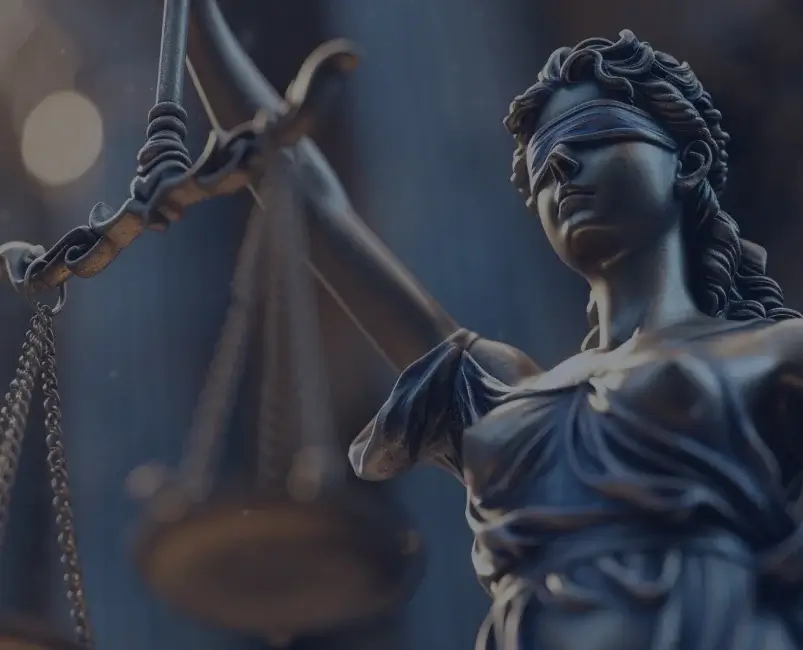Facts: Client was a convicted sex offender on probation. Probation alleged that the client was stalking minors on the internet and issued a warrant for his arrest.
Results: After reviewing technical data that probation relied on, significant errors in their methodology were found and brought to the attention of the judge. The client was released and the violation was resolved.


